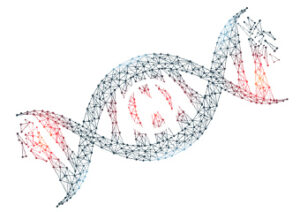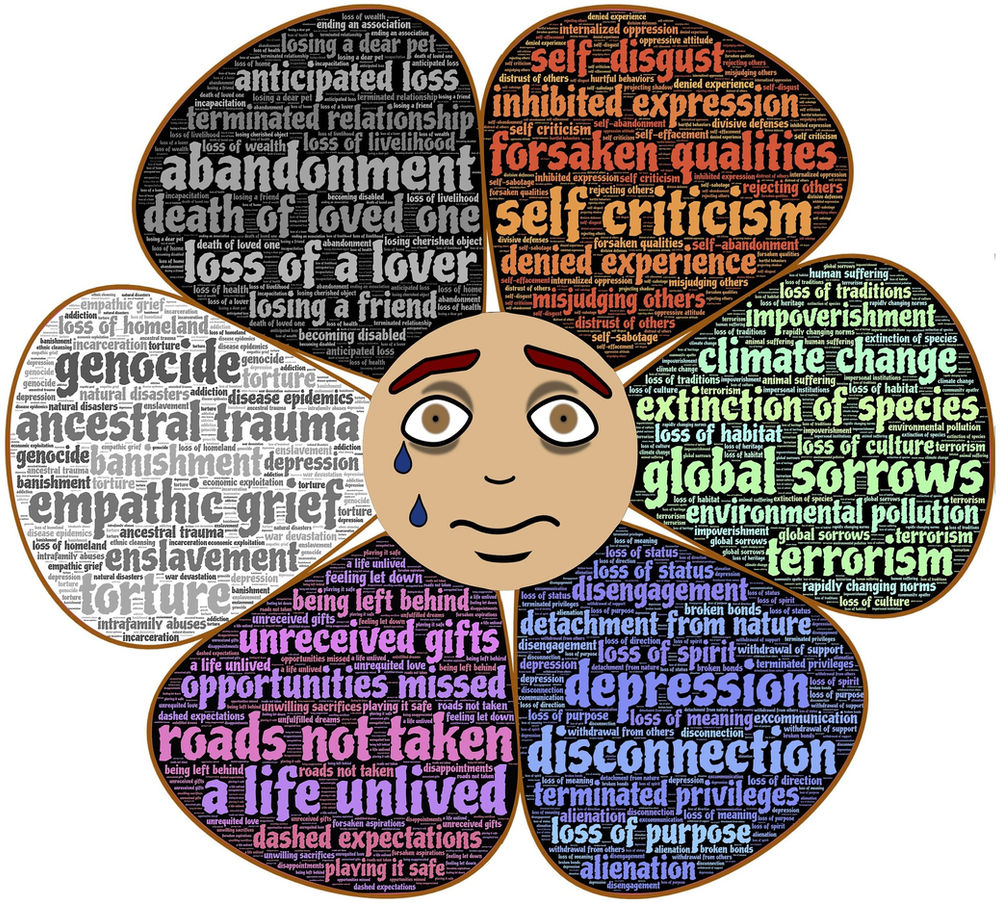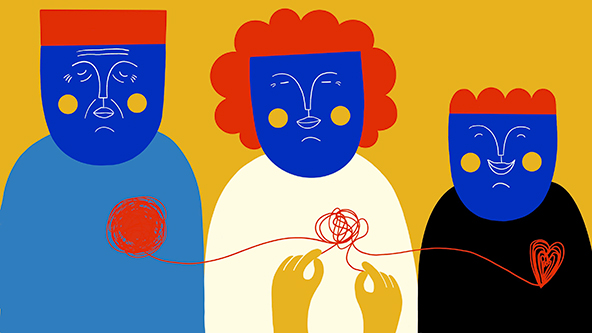Generational trauma is a term that refers to the negative impact of traumatic events on children and their parents or grandparents. It can be caused by war, disease, famine, death, natural disaster, and other tragic events. This type of trauma will affect children’s development for life. Many people are affected by something that happened to their family or ancestors. And this can be passed down to the next generation even if they weren’t directly affected.
More on Generational Trauma
It’s a type of trauma that is passed down from generation to generation. It can be caused by war, disease, famine, death, natural disaster, and other tragic events. This type of trauma will affect children’s development for life. Many people are affected by something that happened to their family or ancestors. And this can be passed down to the next generation even if they weren’t directly affected.
Stages Of Generational Trauma

People go through the stages of grief when they lose someone close to them. But if you can’t properly move on, it could be because you’re stuck in one or more of these five stages: denial, anger, bargaining, depression and acceptance.
- Denial: The first stage is denial. You might not want to believe that what happened is real. You may try to forget about it or push it away.
- Anger: The second stage is anger. This can be directed at anyone involved in the traumatic event, including yourself. You may feel like you’re a victim and have a lot of rage inside of you.
- Bargaining: In the bargaining stage, you may make deals with God or others in an attempt to undo what happened in the past. For example, you might promise to never do something bad again if only your loved one would come back.
- Depression: After bargaining comes depression. This is when you give up hope and feel your worst. You may feel really sad and hopeless, as though you’ll never be happy again.
- Acceptance: Finally comes acceptance – a stage where you’ve accepted the reality of what happened but will still have good memories of your loved one with whom you shared great times. This is an important part of healing even if it doesn’t seem like it at first because without this step, there’s no closure or moving on from trauma.
Effect of Generational Trauma on Children

The effect of generational trauma on children can be devastating. They may have trouble trusting people, developing healthy relationships, and feeling safe in the world. They might also struggle with issues such as ADHD, depression, anxiety, and addiction. If you’re a child of trauma, there’s nothing to be ashamed about. You can talk to someone and get the help that you need so that your life doesn’t have to go through what happened in the past.
While generational trauma is very serious, it isn’t something we should all feel powerless against. There are many things people can do if they want to break free from its grip:
Gradually remember and write down memories of happy times with members of your family who passed away or otherwise suffered due to traumatic events like war, disease, famine, etc. This will help bring positive energy back into your world and enable others around you too! Remember good moments when anything bad happens; Try not guilty for having fun when bad things happen to others;
Effect of Generational Trauma on Parents

Generational trauma can also affect parents and their children. Parents who have gone through a tragic event in the past may treat their children with love but also be strict to make sure they don’t go out of control, for example. This could lead them to become overprotective or controlling towards their kids when they get older – which is not necessarily helpful! If this is something you struggle with as a parent it might help to talk about your own experiences with others so that you’re able to move on and heal from what happened in the past before becoming too intimately involved in your child’s life.
The passing of the traditional family structure has created a wave of problems for parents and children worldwide. One of the most overlooked problems is what it’s like to be a child in a family with mental illness or substance abuse. If you are, you can have bad effects on your life when you grow up. This includes trauma and even genetic diseases.
Generational trauma is when people suffer tragedies by things like abuse, war, addiction, etc. These wounds then affect the people who come after them. And those new people then do these things to their kids. These include abusive parenting practices, poor communication skills, and being emotionally unavailable due to their own trauma. Whatever the behavior is, it’s not good for children to have parents with mental disorders or drug problems in their backgrounds. They are in no way responsible, but they are the victims.
Generational trauma can often be mistaken for plain old genetic inheritance. You think you’re just who you are because your father was angry all the time because he’s got anger issues himself. The family history will affect the children. If their parents have problems, then it is possible that they will be affected by those problems as well.
So what happens when these kids grow up? Some people grow up and are too afraid to get help for themselves. They don’t want to end up like their parents did when they were kids. They try to show their children love, but they cannot because of the wounds that they got from their own parents.
Effect of Generational Trauma on Old People
Generational trauma can also affect old people in their final years. For example, after experiencing a traumatic event like the war they may always feel unsafe and afraid of the world around them even when there’s no real danger. This could lead to feeling depressed or anxious about everyday things that wouldn’t normally bother other people – which is not necessarily helpful! If this is something you struggle with as an older person it might help to write down memories of your past experiences so that you’re able to move on from what happened before becoming too closely involved in your life.
What To Do When You Experience Generational Trauma?
If you’re experiencing generational trauma, it’s important to get help. You can talk to a therapist or counselor who can help you work through your feelings and start to heal. There are also many support groups available that can provide emotional support and practical advice. Finally, don’t be afraid to reach out to friends or family members for support – they want to help, and they will probably be happy to listen (and maybe even share some of their own experiences).
- Talk about your experiences with others to gain understanding and insight:
- Share your experiences with friends, family members, and therapists. This can provide some understanding and insight into what you’re going through. It can also be helpful to have someone to talk to who has gone through a similar experience.
- Don’t try to do it all by yourself:
- Trauma can be very overwhelming and it’s important not to try to deal with it on your own. Seek out help from professionals, support groups, or friends and family members – anyone who can offer you emotional support.
- Be patient in the healing process:
- Healing from generational trauma doesn’t happen overnight. It takes time, patience, and effort. But if you stay committed to the process, you will eventually start to feel better
- Seek professional counseling or therapy;
- Join a support group specifically for people affected by generational trauma;
- Reach out to friends and family members for emotional support.
Helping Someone With Generational Trauma

If you know someone who is dealing with generational trauma, there are things you can do to help.
- First, be supportive and understanding. Trauma can be very isolating, so make sure the person knows that you’re there for them.
- Second, offer practical assistance where you can. If the person is struggling to cope, see if there are any tasks or chores you can do to lighten their load.
- Finally, don’t push the person to talk about their experiences if they’re not ready – respect their boundaries and give them time and space to heal in their way.
If you’re a parent of a child who’s experiencing generational trauma, it can be difficult to know how to help.
- First, try not to become too overbearing or controlling – this can actually do more harm than good.
- Second, make sure your child knows that they can come to you with anything they’re feeling. Let them know that you’re there for them and that you will listen without judging.
- Finally, provide emotional support and practical assistance when needed. Help your child find resources and therapy if necessary, and offer encouragement as they work through the healing process. Remember that it will take time – but eventually, they will start to feel better.
Conclusion
As a society, we must be aware of the generational trauma that our ancestors have faced to move forward. It is important for us to learn about this process and how it impacts everyone around us. So many people are dealing with mental health issues due to their inability to cope with the effects of intergenerational trauma. The best way you can fight against these feelings is by making sure your children know that you love them unconditionally and accepting them no matter what mistakes they make along the way. We all deserve happiness even when life gets hard. This should be true for everyone, not just those born into privilege or without struggle in their lives because then nobody would ever feel like they belong anywhere or live up to anyone’s expectations but themselves.
If you are looking for affordable Online Counseling MantraCare can help: Book a trial therapy session


